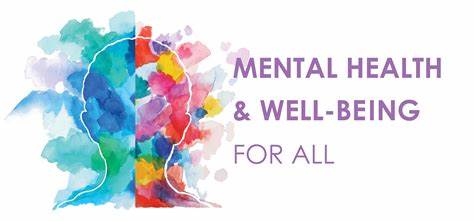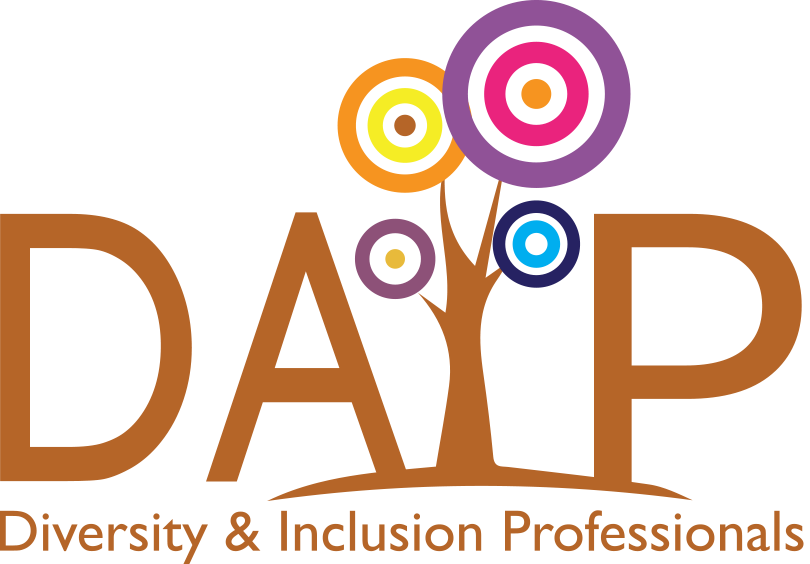
May is Mental Health Awareness Month in the United States–a good time to acknowledge that Americans are facing a serious mental health crisis. According to the Centers for Disease Control and Prevention (CDC), at least 1 in 5 adults in the United States live with a mental illness, and more than 1 in 5 teens (13-18) have already faced a seriously debilitating mental illness.
Headlines have been dominated for years now with alarming trends that are both symptoms and results of this crisis, ranging from dropping life expectancies to increasing numbers of people experiencing homelessness to ever-increasing overdose deaths and mass shootings.
While these trends can feel overwhelming, there are things we can do within our own spheres of influence to support our own mental health, and the mental wellbeing of those around us, including family, friends, and coworkers. If you work in a diversity, equity, and inclusion (DEI) or human resource (HR) role, you even have the opportunity to create transformative changes within your organization.
We connected with DAIP board member Amanda Román, Director of Program Growth & Impact of Big Brothers Big Sisters of Rhode Island (BBBSRI), to see what they’re doing to address this crisis within their workplace. Perhaps their strategies will spur ideas that can be implemented in other places of work.
BBBSRI was just named as one of the 2023 Best Places to Work in RI by Providence Business News for the fifth consecutive year. As a nonprofit youth mentoring agency with less than 50 employees, providing employees with mental health support and a positive work culture is a crucial component to the organization’s sustainability and the mentoring program’s success.
As the state’s largest and oldest mentoring organization, BBBSRI serves over 200 young people each year, and plays a pivotal role in ensuring their short- and long-term emotional well-being. BBBSRI believes that that impact would not be possible without their employees being well-supported with benefits and policies that encourage positive well-being and mental health.
According to data from the World Health Organization, employees who work in a healthy environment are 38% more likely to be productive, and companies that prioritize employee well-being and offer comprehensive wellness programs see a 28% reduction in sick days and a 26% reduction in healthcare costs.
Below is a breakdown of BBBSRI’s Employee Mental Health policies, benefits, and practices to encourage a mentally safe and healthy life for all employees.
-
- All employees make above a living wage (for more info on how this is an essential foundation to mental health, read Wages and wellbeing: the link between low pay and poor mental health).
- Employee health benefits are of no cost to the employee.
- As part of their annual goals, each employee has to make one self-care goal, and an hour is given each month to help them work towards that goal.
- To encourage family time and flexibility, each employee is able to take 7.5 hours per year, which can be used for volunteering at a NPO or (if applicable) at their child’s school.
- BBBSRI provides schedule flexibility to encourage work/life balance and family time.
- Paid Parental Leave policy
- On-site fitness and wellness facility
- In BBBSRIs hybrid work environment, employees must work from the office a minimum of 2 days/week.
- As part of the Coastline Employee Assistance Program, all employees are able to participate in training programs, and can take advantage of benefits such as counselors and 24-hour mental health support.
- BBBSRI ensures manageable caseloads for case managers (known as Match Support Specialists), who provide ongoing support to youth mentees and their adult mentors. Caseloads are limited to 65 mentoring pairs (significantly less than the average for BBBS national affiliates’ case managers) to enable them to spend time building authentic relationships, ensure time to follow up when issues/concerns arise, and reduce the risk of burnout or over-extension due to the emotional nature of case management.
- BBBSRI’s wellness committee is continuously taking the pulse of the organization to assess wellness and how to increase it. Initiatives include: a Vitamin D Challenge (to encourage spending time outside), self-care education, creative classes for team bonding during work, etc.
- Each employee creates an annual career development plan that is supported by their supervisor and allows them to participate in professional development opportunities that align with their career goals.
- Well-rounded benefit plans and access to resources that support long-term sustainable well-being for staff and their families like tuition reimbursement, 403b plan and match, and our College Bound Saver program.
- BBBSRI uses Tiny Pulse, an anonymous survey tool that allows employees to provide anonymous feedback that allows leadership to regularly assess team wellness and culture.
- All employees make above a living wage (for more info on how this is an essential foundation to mental health, read Wages and wellbeing: the link between low pay and poor mental health).
Hopefully the transformative initiatives put in place by BBBSRI will spark some ideas for you to take to your workplace.
Looking for additional information to help guide your next steps? Here are some resources to reference as you consider how to positively influence the culture around mental health within your workplace.
-
- Mental Health America’s detailed primer on the environmental factors which impact our mental health outlines the ways in which you can utilize this information to take control of your own well-being.
- The Anxious Achiever podcast with Morra Aarons-Mele aims to change how we think about anxiety and mental health at work through candid stories from leaders, as well as offering advice from experts.
- The Mental podcast was created to break down mental health stigmas and empower listeners to have vulnerable conversations in their own lives.
- Mental Health America’s detailed primer on the environmental factors which impact our mental health outlines the ways in which you can utilize this information to take control of your own well-being.

